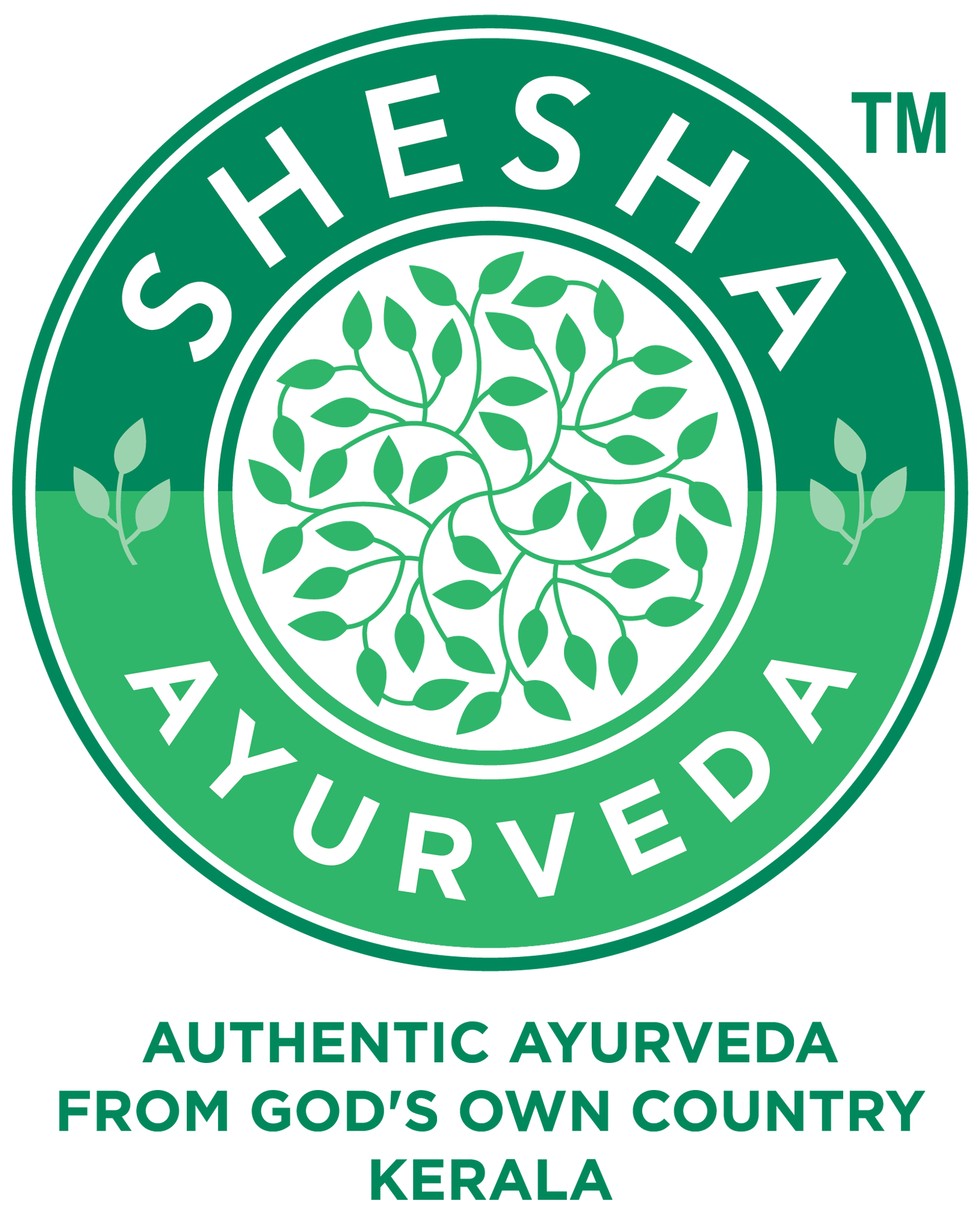Monsoon is a pleasant season enduring from the month of June to September every year. Even though it’s a delightful season it also brings severe health issues due to the complication of Vata and Pitta doshas leading to the weakening of body systems.
Ayurvedic guidance to be followed in this monsoon
According to Ayurveda the seasonal guidelines for the monsoon or rainy season are known as Varsha Ritucharya. Following these guidelines may help to increase immunity and also sustain good health.
- The body should be kept warm to prevent the attack of diseases. Hot water baths and oil massage are done to keep the skin healthy, clean, and prevent infection.
- Regular practicing pranayama in the right way helps to calm the mind and also improves health. Light exercises and yoga are also recommended.
- Foods that are uncooked, raw, oily, and spicy should be avoided from the diet which may lead to bloating, indigestion, and salt retention.
- Well-cooked and steamed food is more preferable during this monsoon season.
- A small amount of lukewarm water should be taken throughout the day for good digestion.
- Green gram, ginger, black pepper, lemon is taken in the diet that may promote better digestion. Avoid using red gram (Toor dhal) as it may lead to acidity.
- Non- vegetarian foods like meat, fish, pork, and beef should also be avoided.
- Cow’s milk and milk products are well digestible and enhance immunity and also memory.
- All the six basic tastes like sweet, sour, salty, bitter, pungent, and astringent should be included in the lunch i.e., beginning with sweetness followed by salty, sour, pungent. Finally, the meal should be ended with an astringent like fennel seeds or carom as a mouth freshener.
- Occasional fasting can also be performed during this monsoon season. It is also advisable to consult a doctor before performing this activity.
- Dinner should be taken before two hours from bedtime. Food should be very light and can include milk, navadhanyas (nine grains – finger millet, pearl millet, maize, millet, Kodo millet, paddy, wheat, barnyard millet, foxtail millet) that are easily digestible.
- To improve health and immunity Haritaki (Terminalia chebula) is consumed with salt.
- Loban and dry neem leaves are used as fumigation bactericides to prevent the bacteria and also to dry the clothes.
